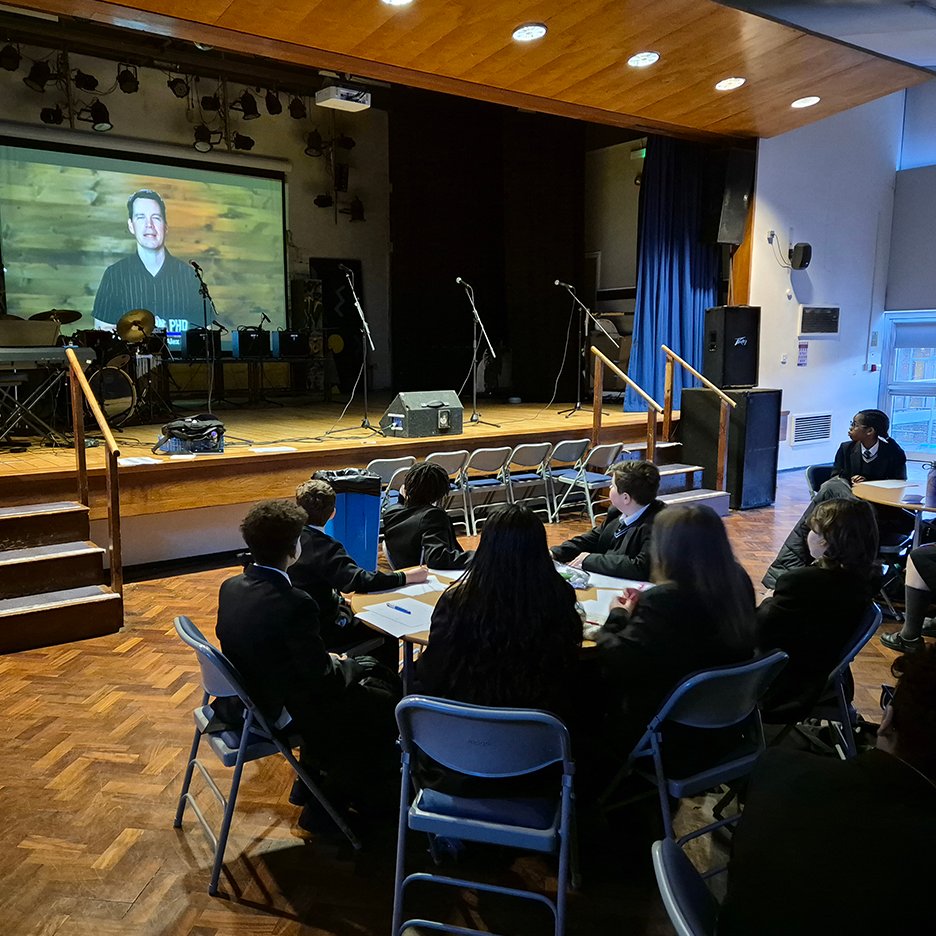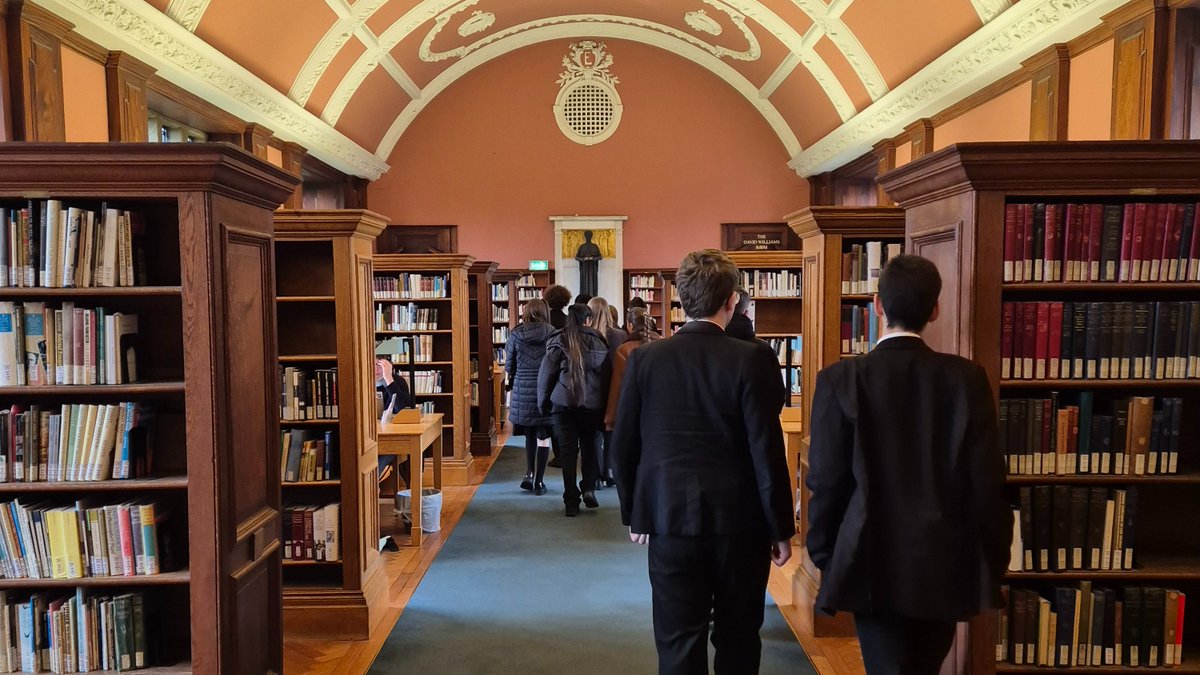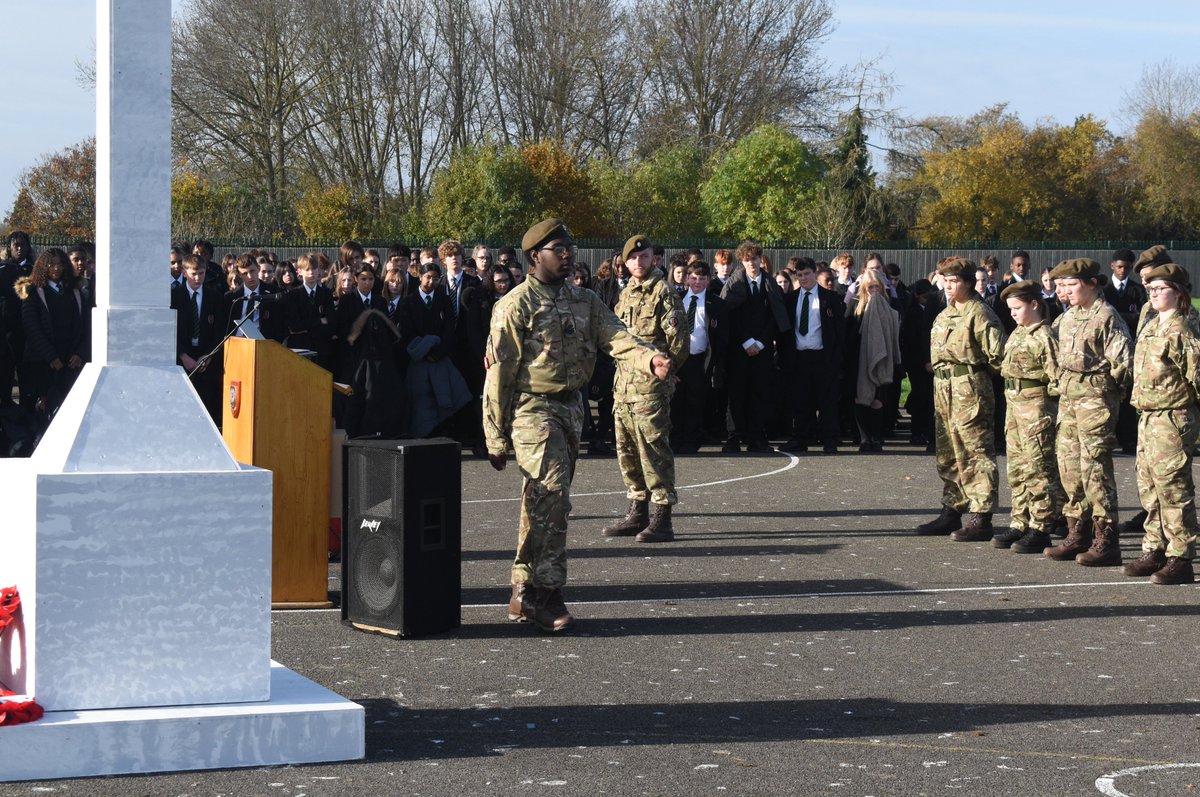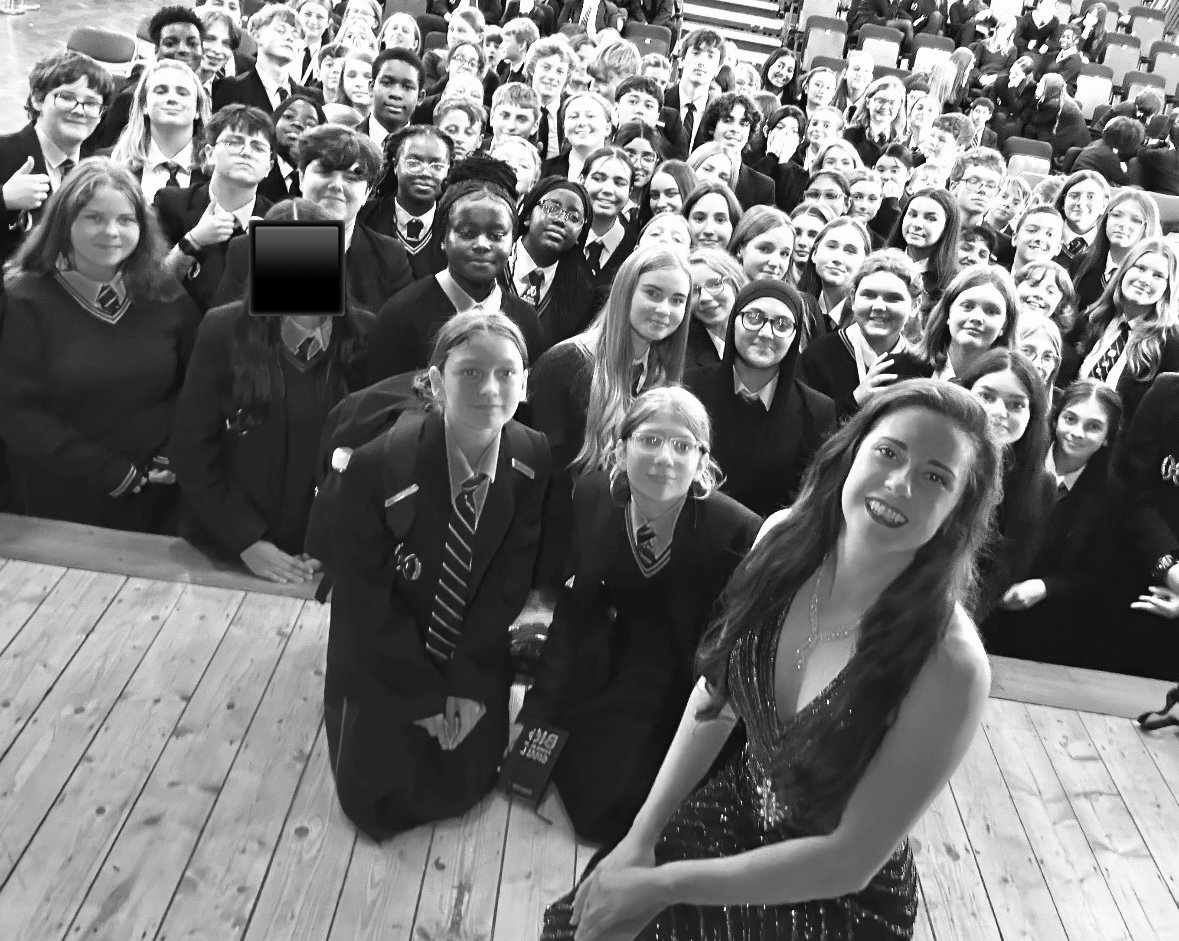Curriculum in Years 10 & 11
For years 10 and 11 our Curriculum booklets outline the courses and level of qualification offered for each year group, and are downloadable from the menu on the left. The information is also available to view via the subject links in the menu on the left.
Aims of Our Curriculum
Burnt Mill Academy is committed to providing a broad, balanced, accessible and inclusive curriculum for all our students. It is our aim to provide equally for the needs of all our students and offer support, where necessary, to allow access to the full curriculum. We aim for excellence for all and are committed to ensuring that students can enjoy their studies and achieve success.
We want to make sure that each student has a positive learning experience and we believe that our curriculum will motivate and engage students, challenging them to achieve to the very best of their ability. We ensure that our lessons are contextualised and take pride in the development of our students’ cultural capital knowledge.
We will ensure that, where possible, all students have the opportunity to study their preferred courses and they are provided with the necessary information, guidance and support that will enable them to make these important choices.
At Burnt Mill Academy, we build upon the prerequisite knowledge learned at KS3 with regular prior knowledge checking and then progressing onto more challenging subject knowledge points. We teach core subjects of Computer Science, PE, RE and PSHE within the Key Stage 4 curriculum.
Curriculum change and how it will affect you
At GCSE, the national curriculum had several changes from September 2015. The courses are assessed by an examination at the end of year 11 (with some subjects testing parts of the course in Year 10). The courses are assessed and graded from a Level 9 (Top grade) to a Level 1 (bottom grade).
The grading system below can help with the 9-1 and Grade A* -G comparisons:

E-BACC
The English Baccalaureate (E-Bacc) was introduced as a performance measure for schools in England in the 2010 performance tables. It is not a qualification.
E-Bacc is a set of subjects at GCSE that keeps young people’s options open for further study and future careers.
The E-Bacc is:
- English language and literature
- Maths
- The sciences
- Geography or History
- Language (Either French or Spanish)
PROGRESS 8
Progress 8 will calculate a students’ progress throughout the GCSE courses regardless of ability. Progress 8 encourages you to have a broad and balanced GCSE portfolio. There is strong governmental advice about the expected spread of subjects needed for all students regardless of what you wish to do, to keep you competitive in the future.
The final GCSE scores from the students’ best 8 are added together and then looked at against the score that you should have achieved.
As seen in the image below, Maths and English are double weighted and count for more than the others. The next three subjects are the best three results of the EBacc. Finally, the open group consists of the next top three subjects from the remaining EBacc and other approved qualifications.


























